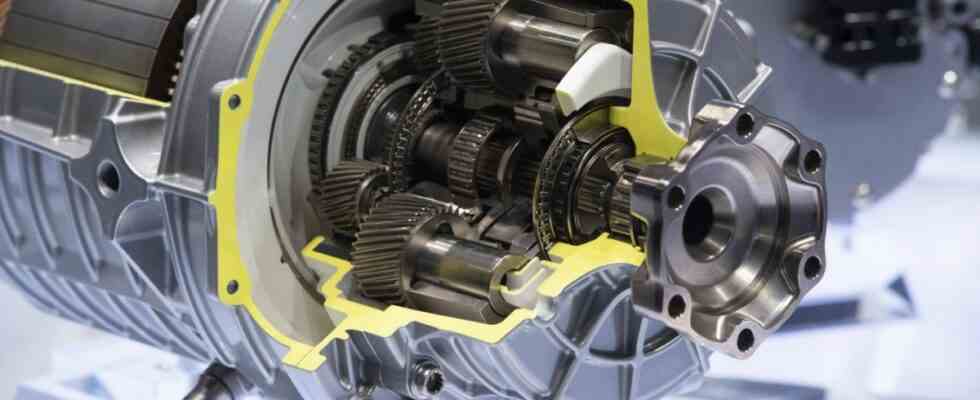The past year on a difficulty scale from one to ten? “Between eight and nine,” says Klaus Rosenfeld. “And if you ask me how we did, then between eight and nine.” The CEO of Schaeffler AG is satisfied, at least to some extent. Currency-adjusted sales increased by 9.4 percent to 15.8 billion euros, a consolidated profit of 557 million euros that was down by almost a quarter compared to the previous year, but is still acceptable – in view of the circumstances that have become complicated, that is by no means brilliant, but “solid”. And a sign of the company’s resilience, Rosenfeld believes.
Nevertheless, he is cautious about the future, because rising costs for materials and energy are affecting the industrial group. For the current year, Schaeffler expects growth of between five and seven percent – a conservative forecast. The order books of the three divisions automotive, industry and spare parts business (aftermarket) are well filled, but the profit margin is weakening. At 6.6 percent, it was 2.2 percentage points lower than in 2021.
In China, Schaeffler wants to produce more for the local market
The Franconian family company (83,000 employees) does not want to invest primarily in Europe in the near future, but primarily in China and the USA. Schaeffler does almost half of its business in the two countries. The growth potential there is by no means exhausted, says Rosenfeld. And: “The answer to the geopolitical situation is more localization in China and more investments in the USA. We have to do more in America and consciously use the opportunities that we have there.” These are above all: Electromobility, hydrogen, renewable energies. In addition, the government in Washington has launched a large subsidy program, the Inflation Reduction Act (IRA), from which Schaeffler also wants to benefit. And in China it is important to free oneself from dependencies in such a way “that one does more in China oneself,” says Rosenfeld. Strengthening regional cycles through investments, that is the plan.
And in Europe?
The American IRA will “hopefully lead to a rethink in Europe, away from over-regulation, away from a culture of prohibition towards something that takes Europe’s strengths into account,” says Rosenfeld. In terms of industrial policy, he would like more Franco-German cooperation and at EU level the pragmatism that the US government is showing with its funding program. Schaeffler will not withdraw from Europe, not even from Germany. “But the investments go primarily to where the future growth opportunities are.”
Seen on its own, Rosenfeld is making progress in transforming the rolling bearing manufacturer, which has been mechanically influenced for decades, into what he calls “an integrated technology group”. Schaeffler participates in electromobility; incoming orders from this sector increased by five billion euros in 2022 alone. Above all, however, the realigned industrial business is growing; by 14.7 percent after currency adjustments last year, more than twice as strong as the Automotive and Aftermarket divisions. The latter, the spare parts business, is the youngest of the three pillars on which Schaeffler rests. Diversification is important to make Schaeffler future-proof, says Klaus Rosenfeld.

